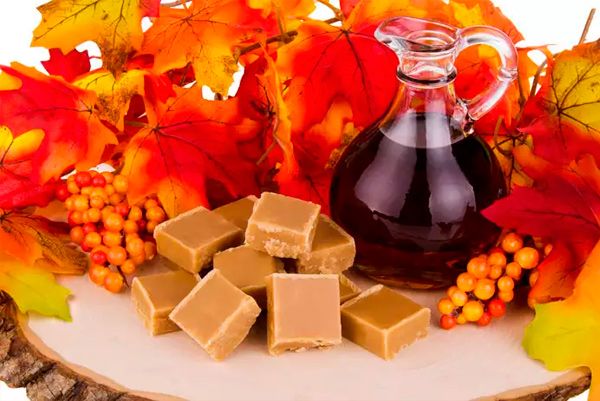New publications
Maple syrup can help fight infections
Last reviewed: 02.07.2025

All iLive content is medically reviewed or fact checked to ensure as much factual accuracy as possible.
We have strict sourcing guidelines and only link to reputable media sites, academic research institutions and, whenever possible, medically peer reviewed studies. Note that the numbers in parentheses ([1], [2], etc.) are clickable links to these studies.
If you feel that any of our content is inaccurate, out-of-date, or otherwise questionable, please select it and press Ctrl + Enter.
American scientists have managed to discover a new unique property of the well-known maple syrup, which consists of enhancing the effectiveness of antibiotics. The scientists reported their discovery during the 253rd National Exhibition and Meeting of the Chemical Society of the United States.
Natalie Tufenkdji, a research fellow at McGill University in the US, was conducting research on the antibacterial properties of cranberries when she came across information about the antitumor properties of maple syrup. The researcher decided to study the syrup’s composition more closely and at the same time prove the healing properties attributed to it. Surprisingly, maple syrup turned out to be not so useful, but rather useless. However, one property of this product really deserved the attention of scientists: it was found that maple extract is capable of increasing the effect of antibiotics on bacterial cells many times over.
Natalie Tufenkdji did not stop at the achieved result and continued experiments. She tested the combination of maple syrup effects simultaneously with antimicrobial drugs - Ciprofloxacin and Carbenicillin. The following pathogenic bacteria were selected: E. coli, Proteus (causative agent of urogenital infections) and Pseudomonas (causative agent of hospital-acquired infectious pathologies).
The specialist found that the use of maple sap extract during antibiotic therapy allows to reduce the amount of the prescribed antimicrobial drug by 80-90%. This information was confirmed a little later - during studies on fruit flies and larvae of Lepidoptera butterflies, which were previously affected by microbial infectious diseases.
Experts explain the success of using maple syrup by the fact that individual components of this product are capable of increasing the permeability of cell membranes, which, in turn, facilitates the penetration of antibiotics into microbial cells.
Scientists suggest that using maple sap extract in the treatment of infectious diseases can guarantee a significant reduction in the amount of antibiotics taken. Also, pathogenic microorganisms will presumably develop less resistance to antibiotic therapy.

Maple syrup is a well-known product that is especially popular in Canada. It is made by boiling down maple sap. Canadians and Americans claim that the syrup is a very healthy product: it prevents the development of tumors, protects against colds, improves the condition of the heart and blood vessels, eliminates erectile problems and even cures infertility. Many people add the juice extract to dishes to cleanse the liver and improve blood circulation and metabolism. Some nutritionists also believe that maple syrup gives the human body a large amount of energy, and the carbohydrates from the product are not deposited as excess fat. Therefore, people who are losing weight can consume a certain amount of syrup - for example, instead of sugar.

 [
[